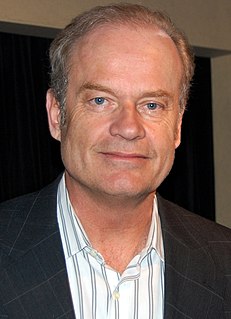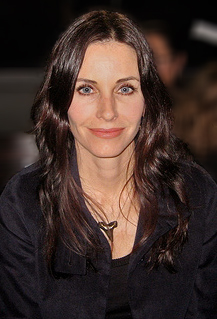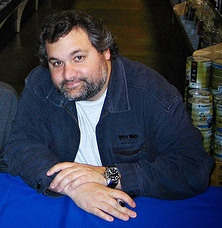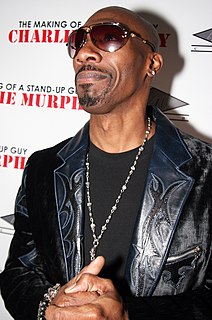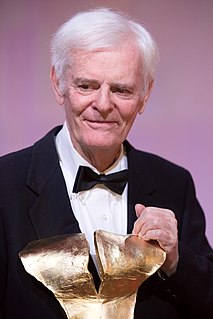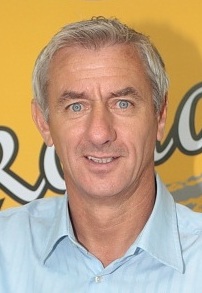A Quote by Sarah Silverman
In the '80s especially, a lot of comedians felt compelled to stick with what made them famous and those people became caricatures.
Related Quotes
I know for myself, every now and again on HBO, they'll show some of the young comedian specials from the '80s and early '90s, and it's just fascinating to watch those comedians - some of whom are people that are world-famous, like Chris Rock or Judd Apatow - to see the jokes that people had, but also, the way everything looked.
I've played people that are on the line of evil and good, but that's life. We are always playing with the good and the bad. I see them as people. I don't see them as caricatures. I try to not make them caricatures. Maybe I fail, but I try to see what' behind them. Would I play the hero? A superhero? I don't think so. But, I play good guys. There are some there, but you have to look.
I think it takes a very generous and tolerant non-famous partner to stick with the famous person, especially if s/he wasn't famous when they first got together. And add to it the fact that the Web makes it extremely easy to meet admirers... well, there are a lot of temptations to be ignored, or else embraced.
You have comedians who just do jokes, and they're called comics, not comedians. You have comedians that do bits - a person that has a lot of jokes that have a beginning, a middle and an end, but it's not a real story. And you have someone that does great stories, the one that blends those things together - that person is doing comedy.


